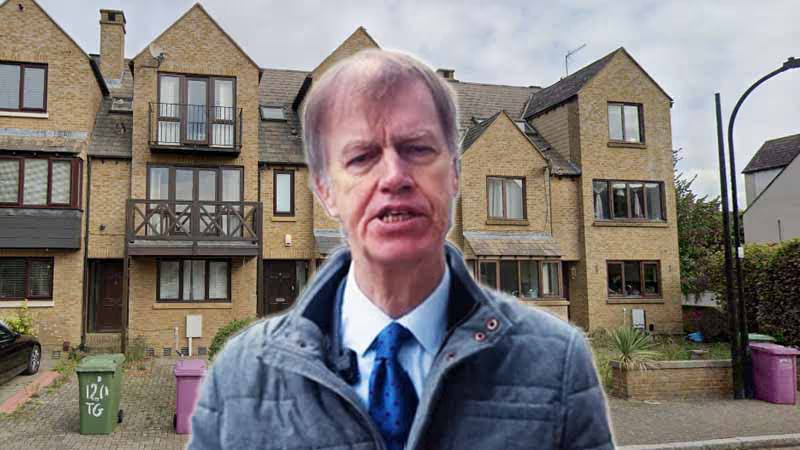The Renters’ Rights Bill now needs just the King’s signature to become law after being voted through by MPs yesterday afternoon, although no timetable for the changes it will sweep in has been revealed.
Its sponsor in the Commons, housing minister Matthew Pennycook, (main image) used the final debate to both congratulate himself on the extra rights it will give tenants, but also take several parting pot shots at private landlords, calling the whole sector ‘unjust’.
The legislation, which is expected to gain Royal Assent within days, will ban Section 21 evictions and ‘rent in advance’, make it easier for tenants to live with their pets, usher in open-ended rental contracts, limit rent increases, ban bidding wars, introduce a Decent Homes Standard for all rented homes and extend Awaab’s Law to private landlords.
It will also introduce a database of rented properties and a new ombudsman to handle tenant complaints about landlords.
The only amendments which he and his counterpart in the Lords, Baroness Taylor, agreed to let through involved changes to enable leaseholders stuck in un-remediated apartment blocks to rent their apartments out but not be covered by the Bill’s contractual reforms, and also force up standards for military personnel renting off the MoD.
Contentious
Otherwise, all of the contentious measures within the bill will now become law shortly once the King has given the finalised legislation Royal Assent.
Pennycook said: “Today is a momentous one because the Renters’ Rights Bill will soon have completed all its stages and become law.
“The need to decisively level the playing field between landlord and tenant is pressing and we promised to succeed where the previous government failed by legislating to transform the experience of private renting.”
Despite shadow housing secretary James Cleverly pushing him for a timetable for the changes, Pennycook did not reveal any dates, saying only that tenants and landlords would get clarity ‘soon’.
Cleverly added: “The Bill in its current form will, in some areas, be counter productive and drive landlords from the market as well as putting up rents for tenants and Labour’s own impact assessment for this bill supports this concern.
“We will be holding the Government to account for the consequences of this Bill.”
Expert commentary
Nathan Emerson, CEO of Propertymark

“The conclusion of today’s debate marks another clear step forward for the Renters’ Rights legislation and brings us closer to the most significant reform of the private rented sector in England in decades. While there are still important details to be finalised, it’s now beyond doubt that major change is coming," he says.
“Letting agents and landlords must begin preparing now. Delaying action risks being left behind when the legislation takes effect. Propertymark continues to call for clear guidance, realistic timelines, and workable solutions that recognise the operational realities of agents and landlords alike.
“We are committed to helping the sector navigate these reforms through our national Renters’ Rights Roadshow, which begins next month. These free, in-person events are a vital opportunity for agents to hear directly from experts, ask questions, and ensure they’re ready to support their clients through the transition.”
Sean Hooker, Head of Redress, Property Redress

“The passing of the Renters Rights Bill marks an important milestone, but we now face the anxious wait for details of the transition and the publication of the guidance.
The timeframes will be critical. Whatever is set will put pressure on landlords to adapt quickly, while tenant groups will push for the new regime to take effect from day one. What happens to current Section 21 notices in the pipeline will be crucial. While the Government will want to avoid a flurry of last-minute notices, landlords need clarity on cases already waiting for hearing dates.
The reform of the rental market that was promised to be a consensus when the original White Paper was published has divided the sector more than ever. We must now make it work for all.”















.avif)
.avif)






.avif)














Comments